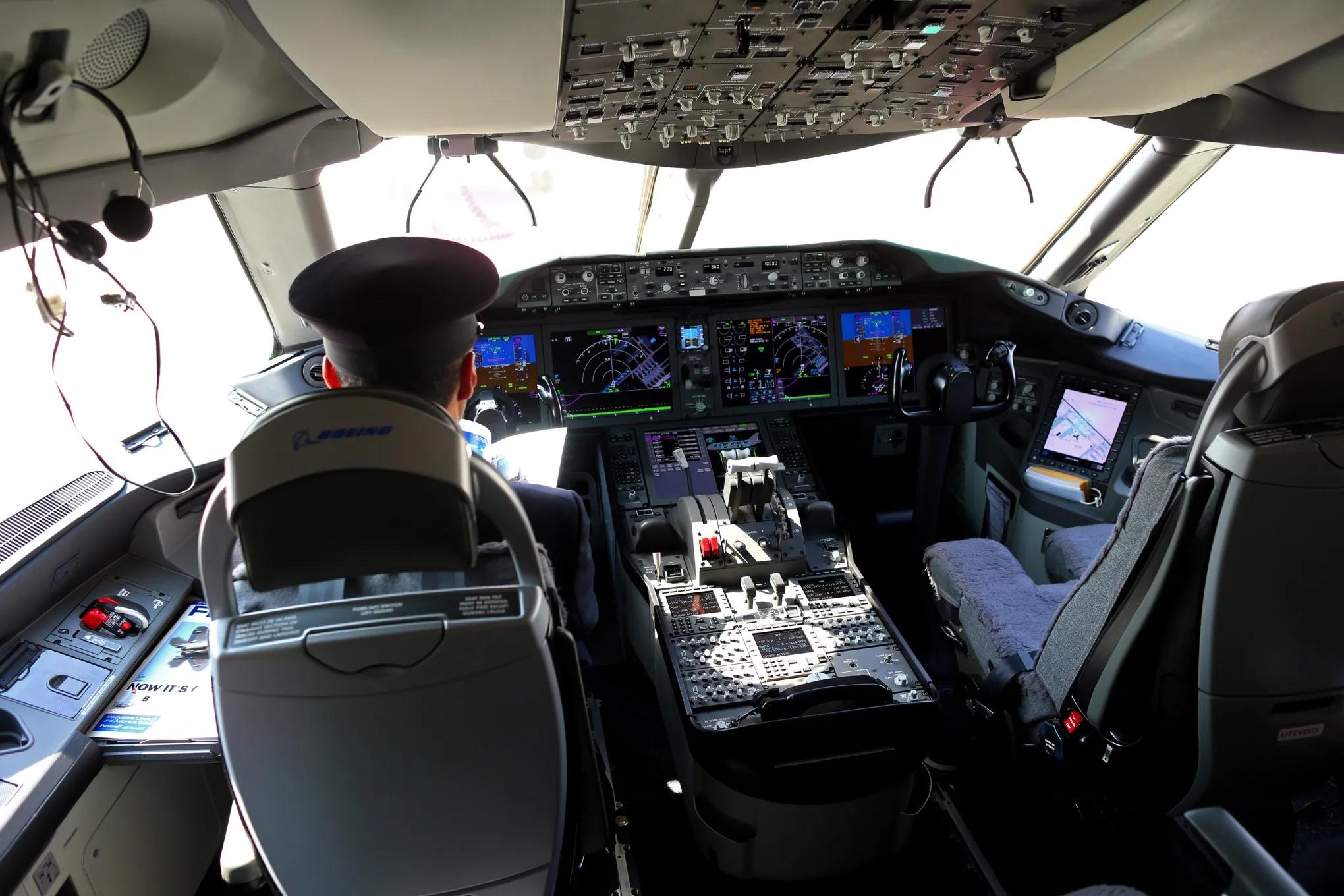AeroGenie — Your Intelligent Copilot.
Trending
Categories
Regulators Mandate Inspections of Air India Boeing 787 Dreamliners

Regulators Mandate Inspections of Air India Boeing 787 Dreamliners
India’s Directorate General of Civil Aviation (DGCA) has issued a directive requiring mandatory inspections of Air India’s Boeing 787 Dreamliner fleet in the wake of a catastrophic crash involving a 787-8 model that resulted in significant loss of life. Effective from June 15, 2025, the order compels comprehensive safety checks on all Air India 787 aircraft prior to departure from any Indian airport. This mandate applies to both the older 787-8 and the newer 787-9 variants, the latter having been incorporated into Air India’s fleet following its merger with Vistara.
Scope and Impact of the Inspection Protocol
The DGCA’s inspection requirements are extensive and detailed. They include rigorous assessments of fuel parameter monitoring systems, cabin air compressors, electronic engine controls, engine fuel-driven actuators, and the hydraulic systems’ serviceability. Additionally, a thorough review of takeoff parameters is mandated. Flight control inspections will be integrated into transit checks until further notice, and power assurance tests must be completed within a two-week timeframe. These measures currently apply exclusively to Air India, as it remains the sole Indian carrier operating Boeing 787 aircraft, despite IndiGo leasing some 787s from Norse Atlantic.
While the DGCA’s directive is widely regarded as a prudent and necessary response to the recent tragedy, it presents considerable operational challenges for Air India. The airline is likely to encounter delays, increased maintenance expenditures, and potential reputational damage due to the intensified regulatory scrutiny. Market reactions have already reflected concerns regarding Air India’s safety standards, which may adversely affect passenger confidence and booking volumes. Competitors could leverage this situation to highlight their own safety records and operational reliability.
Broader Industry Context and Boeing’s Position
This regulatory action coincides with broader industry apprehensions. The U.S. Federal Aviation Administration (FAA) has proposed additional inspections targeting Boeing 787s, specifically focusing on fuselage fittings and fastener holes manufactured from non-compliant titanium. Should these inspections be implemented, they could necessitate extensive repairs, further complicating maintenance schedules for airlines operating the Dreamliner.
For Air India, the timing of these developments is particularly challenging. The airline is undergoing a significant transformation aimed at modernizing its fleet and rehabilitating its reputation. The recent crash and ensuing regulatory scrutiny represent a critical test for both the carrier and India’s wider aviation ambitions.
Boeing, meanwhile, faces renewed pressure to address ongoing safety concerns. The manufacturer has been contending with a prolonged safety crisis, and the latest incident intensifies scrutiny over its quality control and oversight processes. Although the 787 has maintained a strong safety record over nearly 15 years of service, the recent accident raises pressing questions that regulators and airlines must address.
The DGCA’s decision to mandate inspections rather than grounding the entire fleet reflects a measured approach, balancing the imperative of safety with the need to sustain Air India’s operations. As investigations proceed, the global aviation community will be closely monitoring developments and their potential implications for the worldwide Dreamliner fleet.

Factors Positioning Airbus for Leadership in 2026

Emirates Unveils Cabin Design for New Boeing 777X

Eighteen Years On, the Airbus A380 Remains Central to a $34 Billion Airline

How a boom in luxury airline seats is slowing down jet deliveries

Navitaire Outage Attributed to Planned Maintenance

Airbus Plans Record Delivery of 870 Aircraft in 2026

DigiYatra Debuts Outside Aviation at India AI Impact Summit

Vietnam Orders Strengthen Boeing’s Commercial Outlook

Airbus Signals Uncertainty Over Future A400M Orders

JobsOhio Awards $2 Million Grant to Hartzell Propeller for Innovation Center
